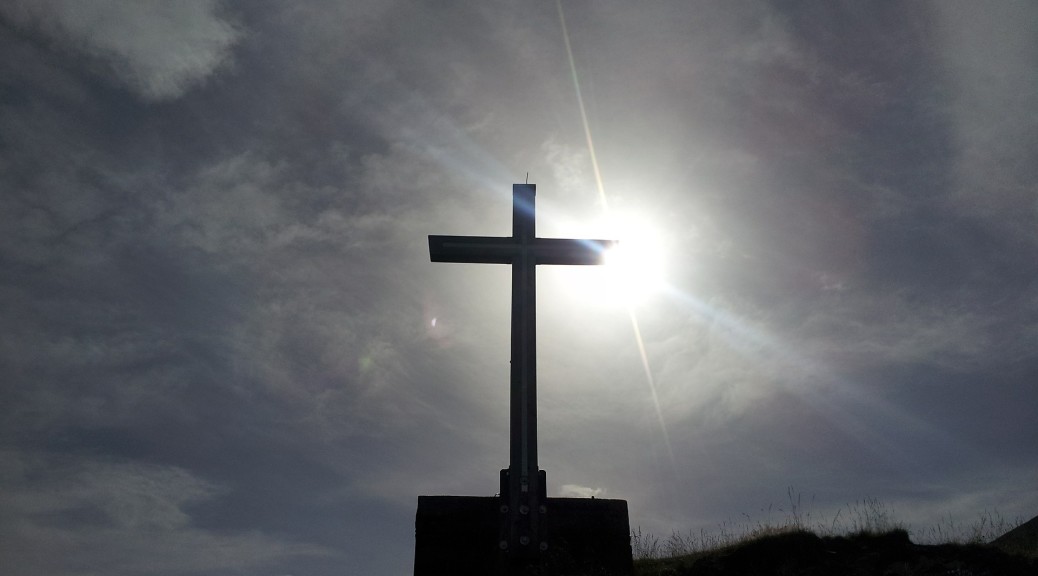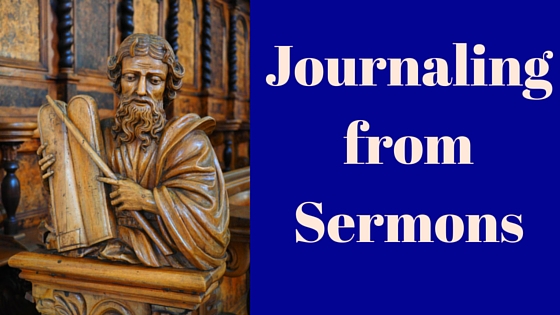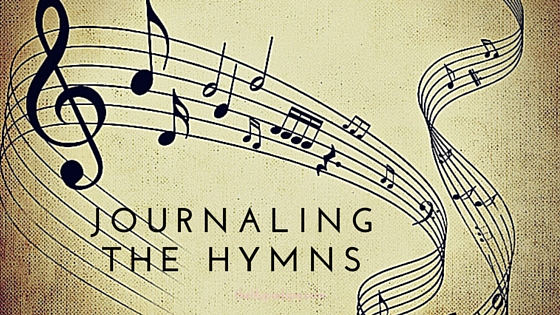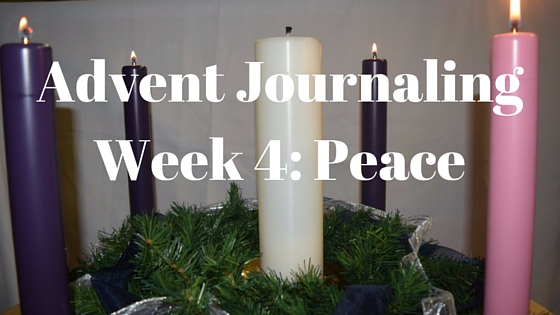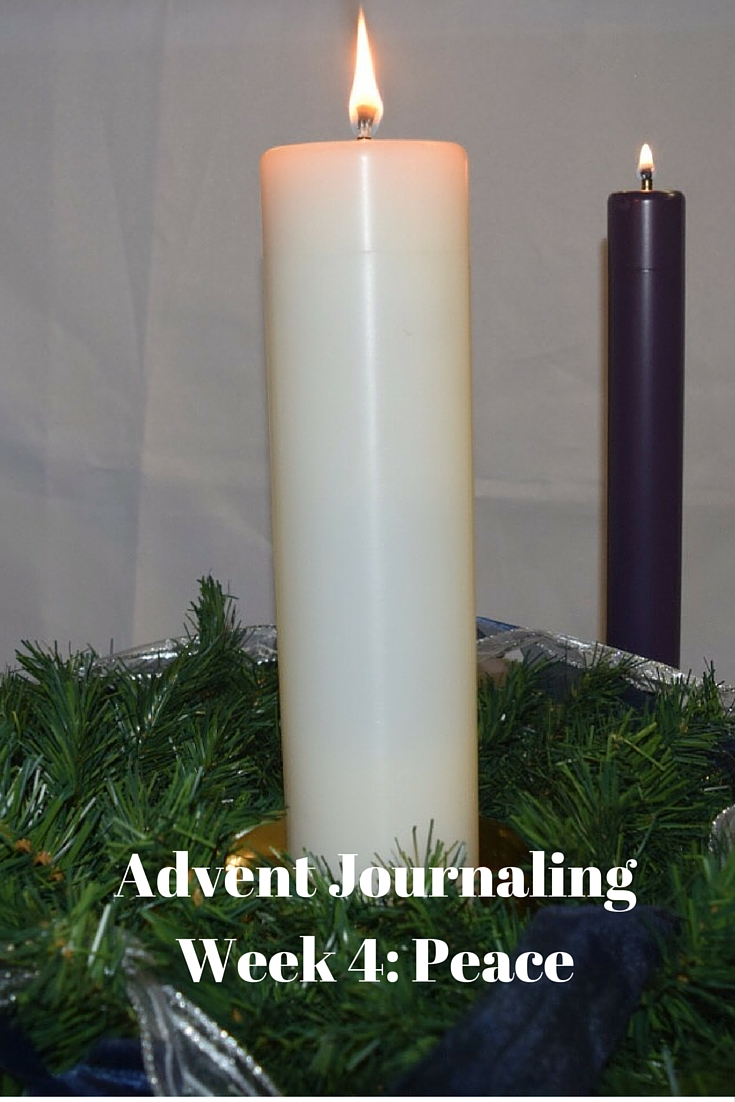Welcome back! I hope you’ve been keeping up with reading and journaling about Genesis this past month. Here are the next few chapters and questions to get you thinking this month!
Tenth Week: Read Genesis 10. Answer some or all of these questions in your journal.
- This is an account of how the world was repopulated after the flood. Scholars believe these nations lived around the Middle East and Southeastern Asia, even up to the Black Sea and over to Greece. Can you see the beginnings of groups of people or nations that later stood against God’s Chosen People? How about connections to nations in existence today? How can you connect this to God’s plan for our world?
- God’s chosen people descended through Noah’s son Shem. These “Shemites” were later called “Semites.” The name “Eber” is said to be the origin of the word “Hebrew.” How does it make you feel to think that even in this dimly-remembered time, God was arranging and planning for Christ’s birth and His Church?
- Do you believe all people came from one of these three groups? Many other cultures have a Flood story similar to the one found in the Bible. Even the Islamic account of the story, found in the Quran, seems to be about the same people but has different details. For example, Noah left his wife and one son off of the boat in that version, because of wickedness. How do you account for the variances?
Eleventh Week: Read Genesis 11. Consider any or all of these questions in your journal:
- What was the sin of the people on the Plain of Shinar? How have you committed this same sin? What will you do to change?
- One way to interpret this story is that efforts to usurp God’s rightful place will be stopped. Where have you seen this in recent history (either your own or society’s)?
- What strikes you as interesting about Abram’s grandparents and extended family? Why?
Twelfth Week: Read Genesis 12. Answer some or all of these questions in your journal.
- God’s promise to Abram (12:2-3) has seven parts. Which part or parts can you claim today?
- When God called, Abram dropped what he was doing and responded. What is God calling you to do right now, and what do you need to “drop” to respond?
- How did Abram’s deception in Egypt turn out? Why might God have allowed him to benefit from this?
Thirteenth Week: Read Genesis 13. Consider these questions in your journal:
- What caused the disagreement between Lot and Abram? Have you ever had a similar dilemma? What did you do?
- Lot chose the better land. What did Abram do? Whose example would you recommend to people and why?
- Look at a map from this time period and compare it to a map of the area today. Can you figure out what area God gave to Abram? What bearing does this have on political situations in the area today?
Watch for the next installment in this study on the first Sunday in April (April 3).


